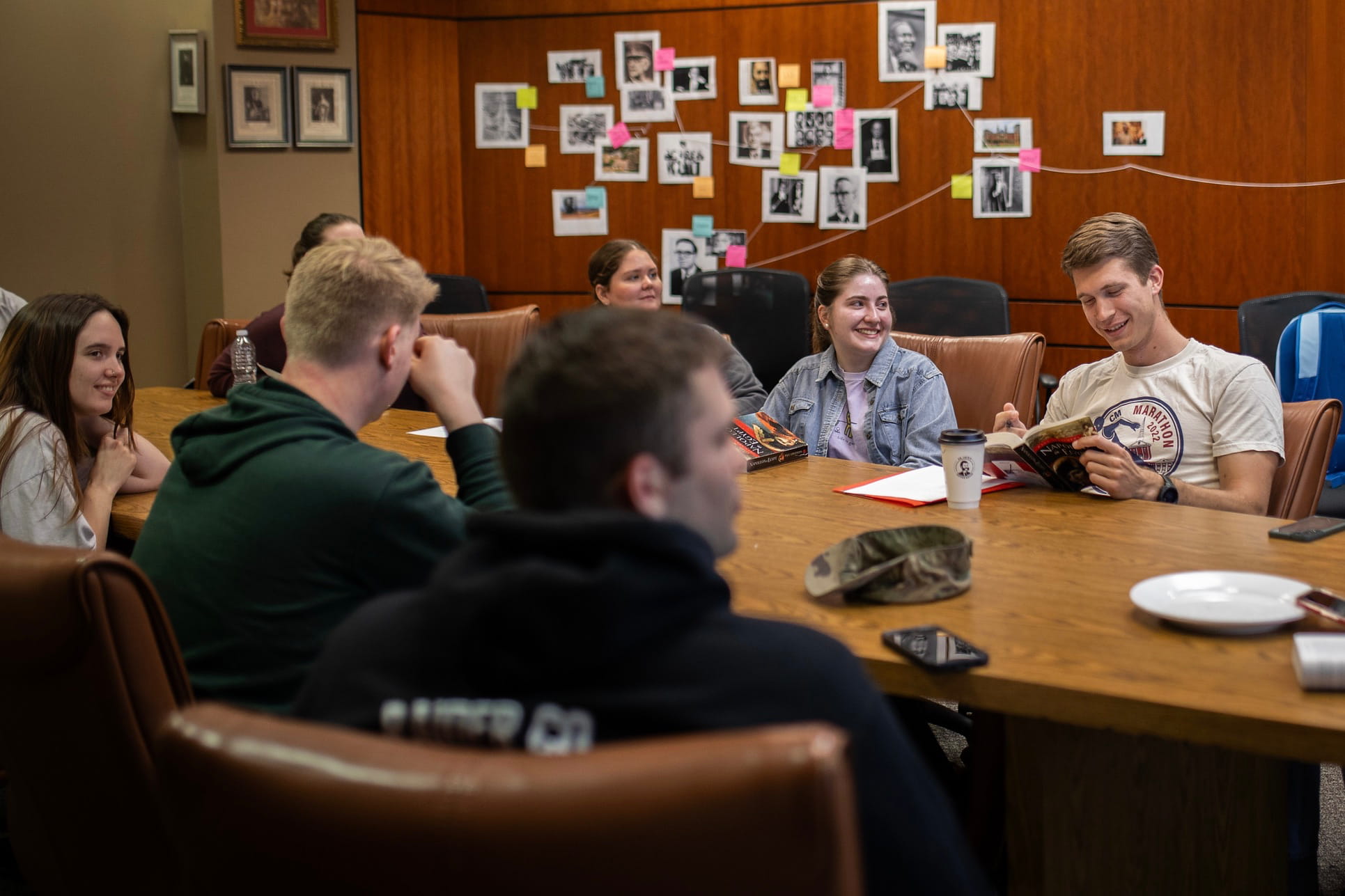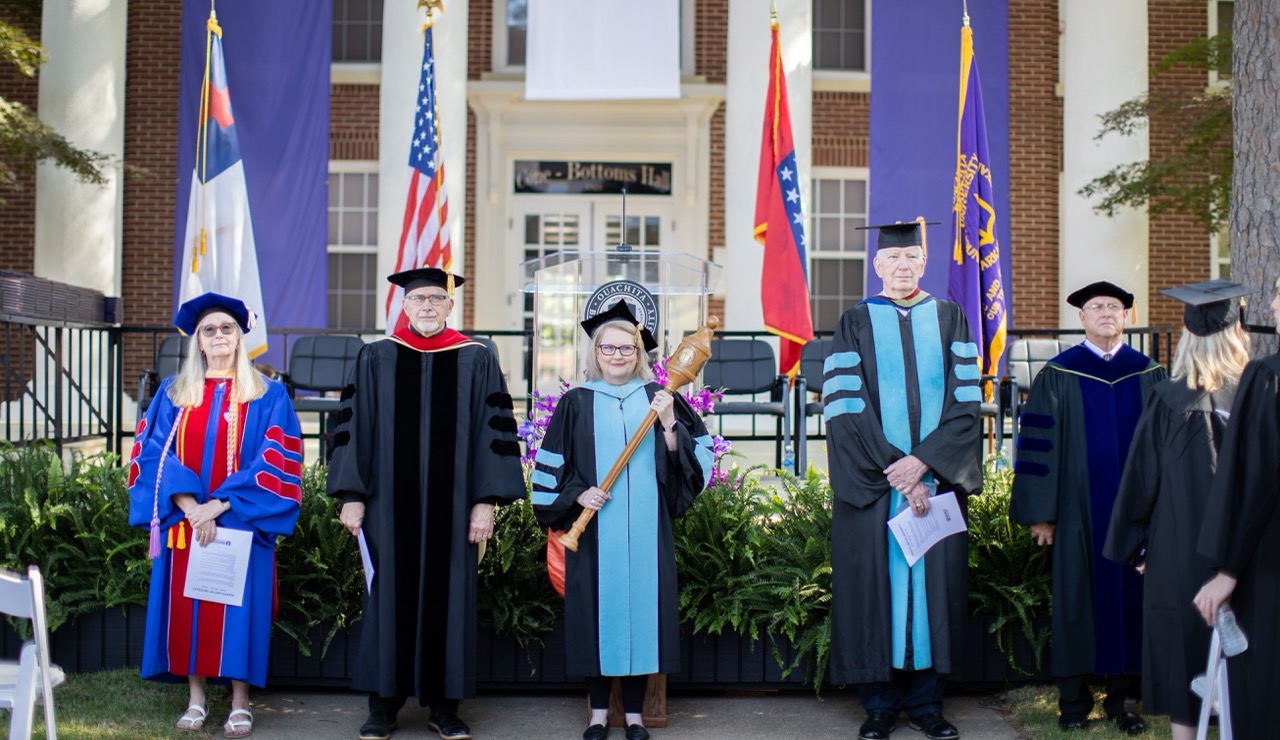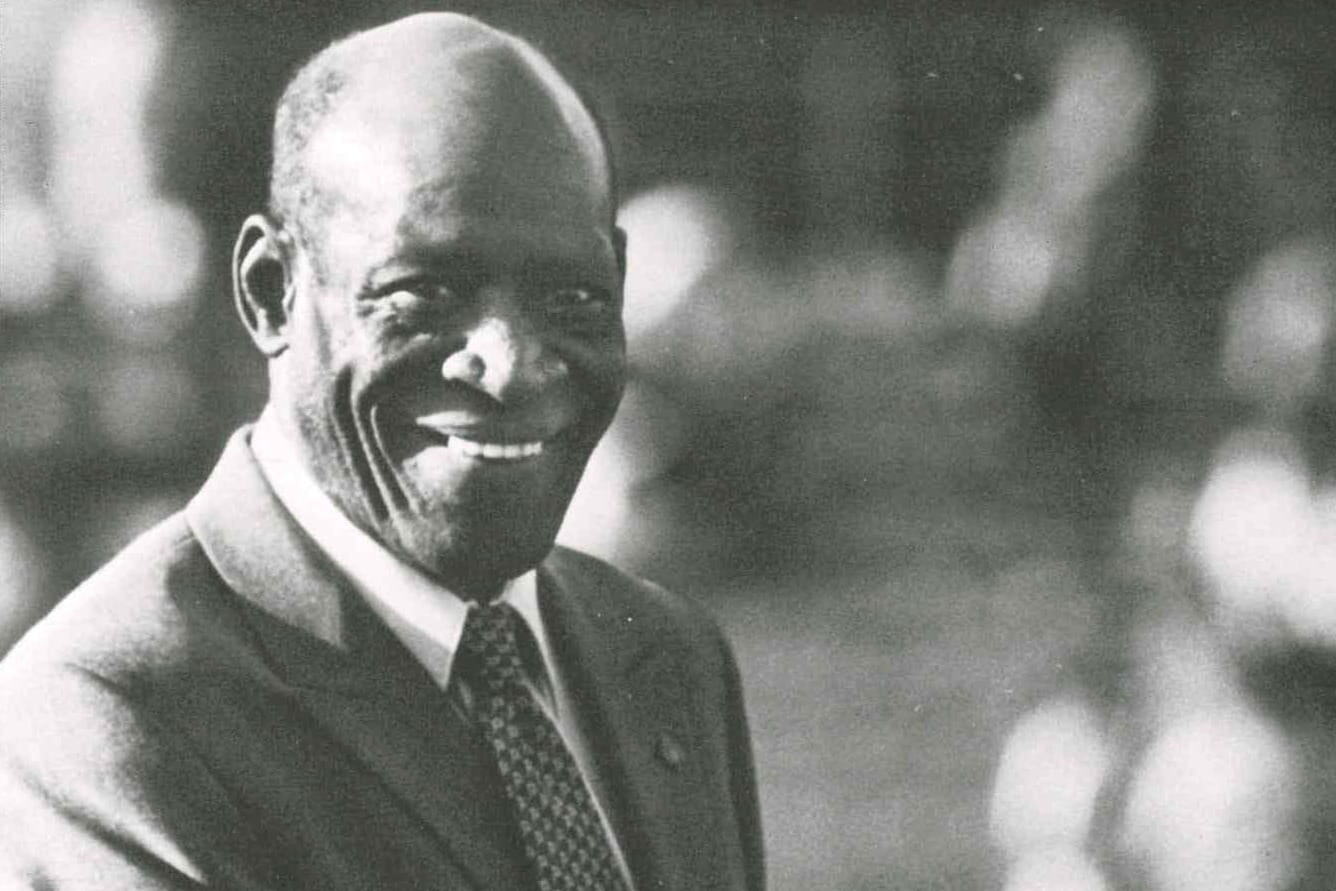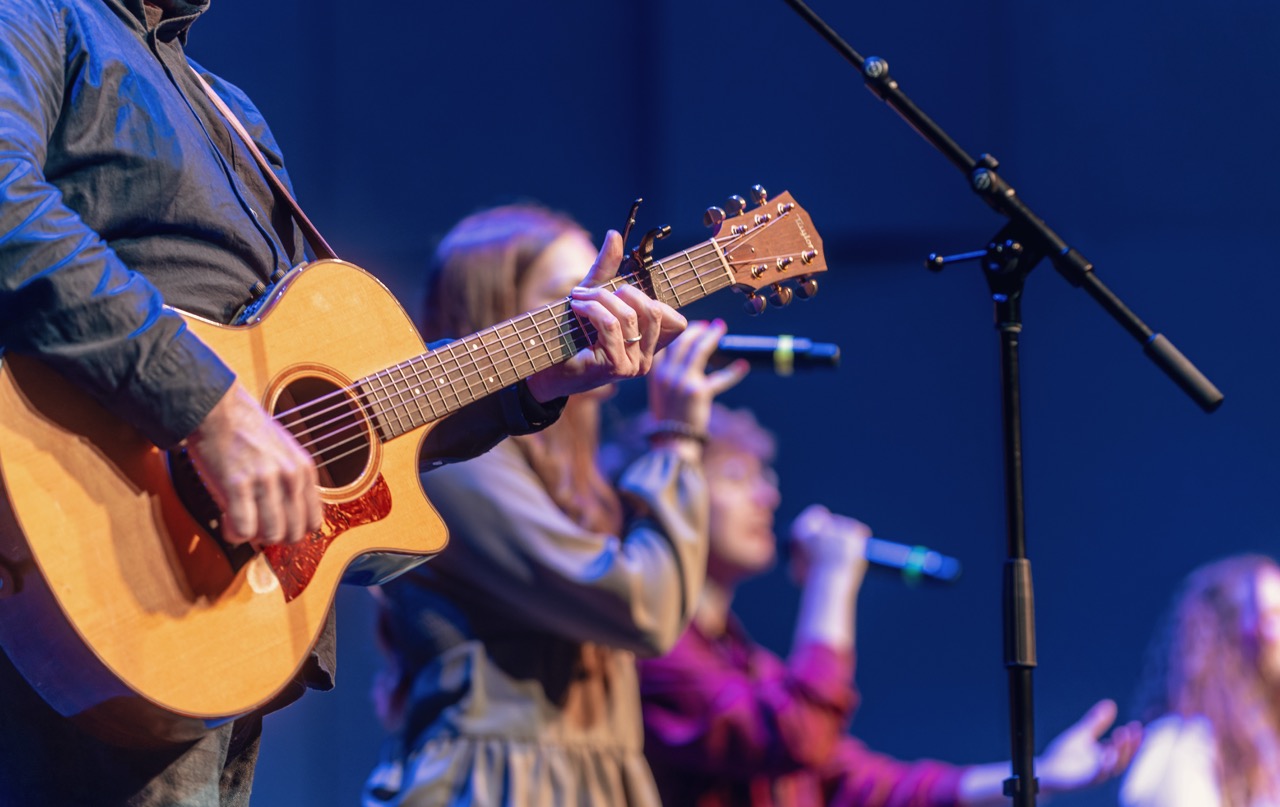Composing the story of us
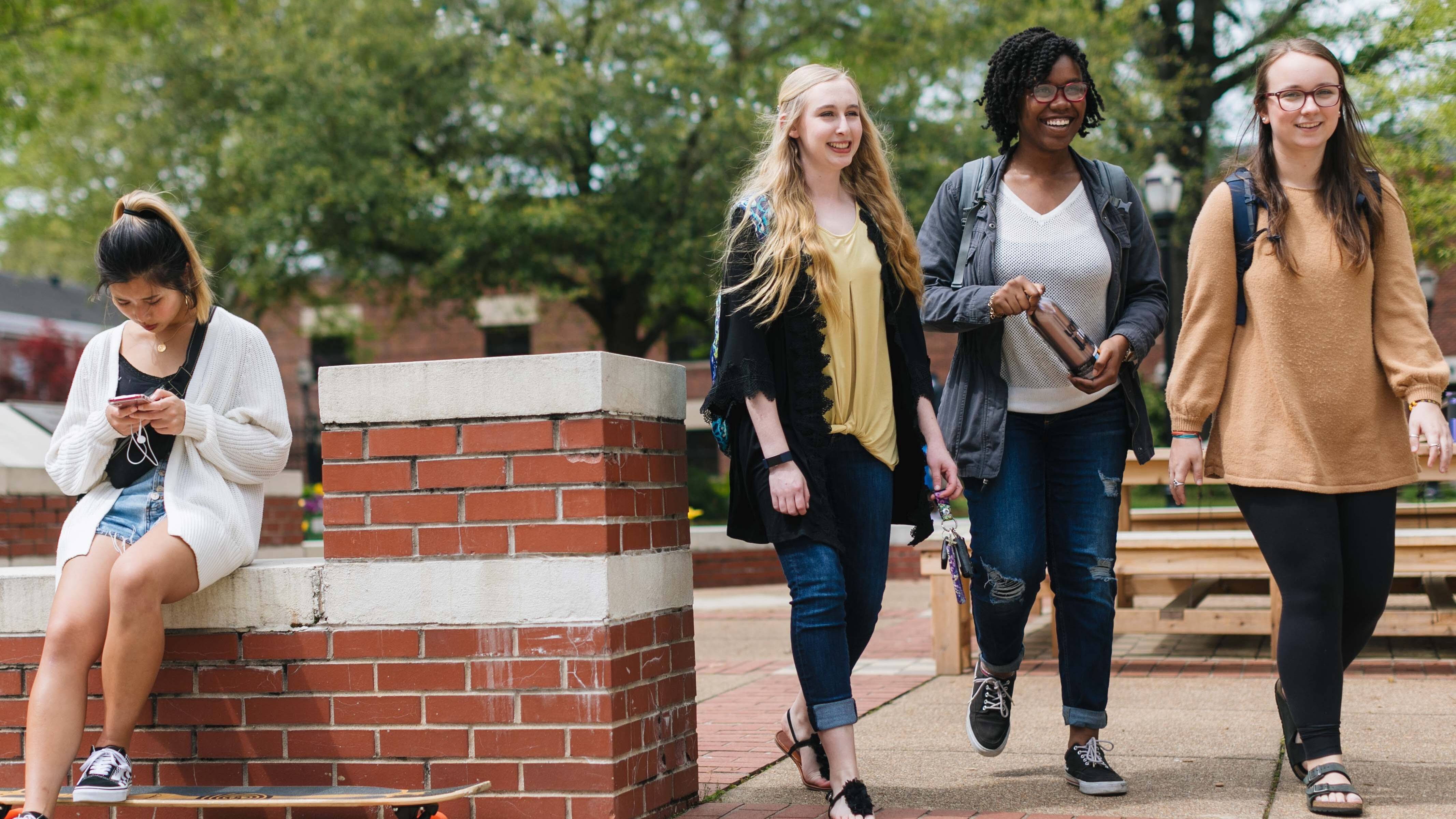 March 08, 2021
- Kevin Motl
March 08, 2021
- Kevin MotlWhose story gets told, and who gets to tell it? These questions and others lie at the heart of my flagship course History of American Women, which I am fortunate to teach this semester. As an historian of women and gender, I eagerly anticipate every opportunity to teach the class – and not just because it speaks directly to my scholarly expertise.
The course characteristically draws students from across the Ouachita campus – all majors and backgrounds, both men and women – who hunger for exposure to a history that even now, though women’s and gender history occupy an essential role in the broader pantheon of global historical scholarship, remains largely excluded from the history they were taught as children. As I present a new historical perspective in the classroom, my students’ unique views and experiences further enrich and complicate our dialogue week to week. The net result is a journey that is not only edifying, but transformative.
For many of my women students in particular, my course represents the first time that they are truly able to see themselves in the story of the human past. In my view, the most satisfying thing an educator can hear from a student is, “I’ve never thought of it that way before.” I am blessed to hear that sentiment more frequently in my women’s history course than in any other I teach; it’s one of the true rewards of my work here at Ouachita.
March is designated as Women’s History Month, and certainly worthy of celebration in its own right, but I think it better understood in partnership with Black History Month. Both remind us, whether as scholars or as people, of the urgent and ongoing need to seek out, listen to and value the voices that have traditionally been obscured from public view. Some past actors have been scrubbed from the historical record by malevolent tragedies like slavery, segregation and genocide; others have been erased by the assumption that their stories are unworthy of telling. That belief is no longer tenable.
We all participate in the course of human events; we all deserve to see ourselves represented in the historical record. By restoring the silenced to the center of the historical narrative where they belong, courses like mine supply a corrective to the scholarly neglect of prior generations, and purport to offer in its place a more three-dimensional account of ourselves. Nor does this restoration end with our generation; future historians will identify still more voices and viewpoints that we overlooked in our time and take another step toward an ever-more inclusive and comprehensive human history in their own work.
History is the chronicle of human change; it is the story of us. That chronicle remains incomplete so long as our prevailing narratives exclude the perspectives and voices of those who quite certainly experienced the past and may well have shaped it in ways that continue to affect the parameters of our present lives. Historians have a responsibility to unearth the hidden past, to explore how its inhabitants understood and influenced the events of their own day, to fold them into our understanding of history and finally to place them before our students, that they may perceive the vibrant and complex human experience through new and exciting lenses. Only then can we credibly claim an authentic grasp on the world of our forebears; only then can we credibly claim the past as a legitimate key through which to understand ourselves.
By Dr. Kevin "Casey" Motl, professor of history and R. Voyt Hill Chair of History
*Lead photo was taken prior to the COVID-19 pandemic
You Also Might Like
Recent
Ouachita reports Spring '26 enrollment, led by 50% increase in graduate students
February 11, 2026